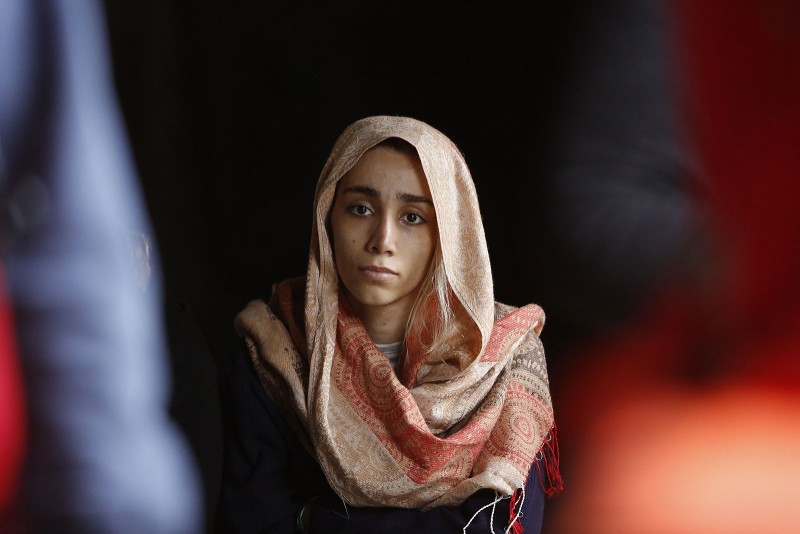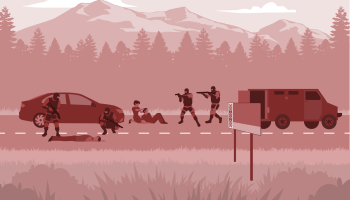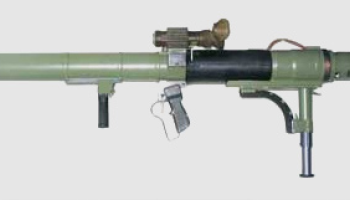Clutching a blue fly swatter, Salma’s mother sits on the floor of the dormitory-style room she shares with her husband and three young adult children. Three twin beds and a closet are pressed up against each corner. The room is spotless. A makeshift mesh screen is pinned to the window frame in a hopeless attempt to keep the flies out. The otherwise silent woman intermittently reinforces the fact of her presence with a sudden whip of the swatter.
The family has been stripped of their home, their jobs, and their dignity. A clean, bugless room and warm hospitality is one component of their past life she can hold on to.
The room is stifling. She offers tea.
Salma and her family left Afghanistan in 2015, when several Balkan countries had opened a legal corridor to the European Union.
But when thousands of refugees and migrants turned into hundreds of thousands, the influx shook the continent to its core. Support for populist and nationalist governments surged, the United Kingdom voted to withdraw, and a union founded on the ideals of open borders and freedom of movement started building walls.
By the time the family arrived at the EU’s doorstep, Hungary, Slovenia, Austria, Bulgaria, and Macedonia had put razor wire fences along their borders. Other countries introduced increasingly restrictive asylum policies.
Now, with no legal way for migrants and refugees to get in through the Balkans, honest and innocent people are forced into the welcoming arms of organized crime.
“We all failed this test, and organized crime took the route over from us,” Bosnian Security Minister Dragan Mektic told TV1 in June.
“No country should have let that happen."
Seeing no other option, migrants and refugees are paying thousands to go on dangerous journeys with smugglers. Most are left stranded and penniless. Meanwhile, the European smuggling networks are earning an estimated US$ 5-6 billion per year, according to Europol.
Salma’s family alone paid smugglers $30,500 in an attempt to reach Austria after receiving threats from the Taliban and Daesh.
But two years later, they are stuck in this small room in the Salakovac refugee camp in Bosnia and Herzegovina, with no fan, no regular access to medical care, and no idea what comes next.
Salma, a 23-year-old with a degree in economics, explains her family’s harrowing journey in broken English, translating for her father and mother. Her black headscarf keeps slipping off her dark hair. When there’s a question she doesn’t know how to answer, she pulls it up and tightens it around her head, smiles and says, “my father explain to you.”
“The Taliban said we will kidnap your son and your daughter,” she translates for her father as her mother nods and swats another fly. The father, who worked in the Afghan government for 27 years and owned property in the country’s Sharana province, had money and a recognizably Shia name. “Because of that they don’t like us,” Salma says.
Salma counts off the provinces and the countries her family crossed. “First we go to Nimruz, after Nimruz we are coming Iran, and Iran we are coming Turkey, and after Turkey we are coming Bulgaria.”
They walked every step of the way.
While Frontex, EU’s border and coast guard agency, recorded a decrease in illegal border crossings from the Balkans between 2015 and 2017, that data only refers to the union’s external borders. It does not account for movement between non-member Balkan states, such as Bosnia and Herzegovina, Serbia, Albania, Montenegro, and Macedonia.
And while movement into the EU might be decreasing, refugee flows in the Balkans are growing. There were 11,000 irregular entries into Albania, Bosnia and Herzegovina, and Montenegro in the spring of 2018, quadruple the figure during the same period in 2017.
“Managing of the smuggling networks is very much like squeezing a balloon,” says Izabella Cooper, a spokeswoman for Frontex. “The strengthening of one border section will change the flow of another.”
Between Turkey and Bulgaria, Salma and her family climbed up and down 12 mountains with barely any water. On one occasion, her father fainted from dehydration. Her mother lost a toe nail.
Every two or three hours, their smuggler left them and told them to wait for another. “It was like a chain,” she says.
They were arrested while spending a night on the street in Bulgaria and spent 20 days in a refugee camp near the town of Harmanli. While they were there, riots broke out and police fired plastic bullets at the crowd.
Eventually, a new smuggler found them and got them out.
They proceeded to Serbia, where they spent a year and eight months waiting for their names to be called from unofficial lists created in 2016 by migrant representatives and later managed by Serbian authorities. The lists determined which lucky migrants or refugees would fill each day’s small quota — just five people — for entering Hungary.
Though the names were meant to be called in order of arrival, there were rumors that people were paying for higher spots.
That’s what Salma and her family say happened to them. One day, their position on the list was sold to another refugee — and so was their opportunity to get to the EU.
In January 2018, Hungary reportedly stopped recognizing the lists due to rumors of corruption. The new system of admittance is unknown, according to Andras Lederer from the Hungarian Helsinki Committee.
But one thing is known: Hungary now admits just one person a day.
Smugglers have taken advantage of the resulting backlog. In Belgrade, there are at least two parks now referred to as “Afghan park” and “Syrian park.” These act as nationality-specific meet-up locations between migrants or refugees and smugglers who speak the same language. Though the Syrian park is known to be more of a melting pot.
Salma and her family took their bags, headed to Afghan park, sat on a bench, and waited.
They paid another €2,000 ($2,319) to get to Bosnia only to be stranded again, this time without enough money to go any further.
There is a growing number of refugees and migrants in this predicament.
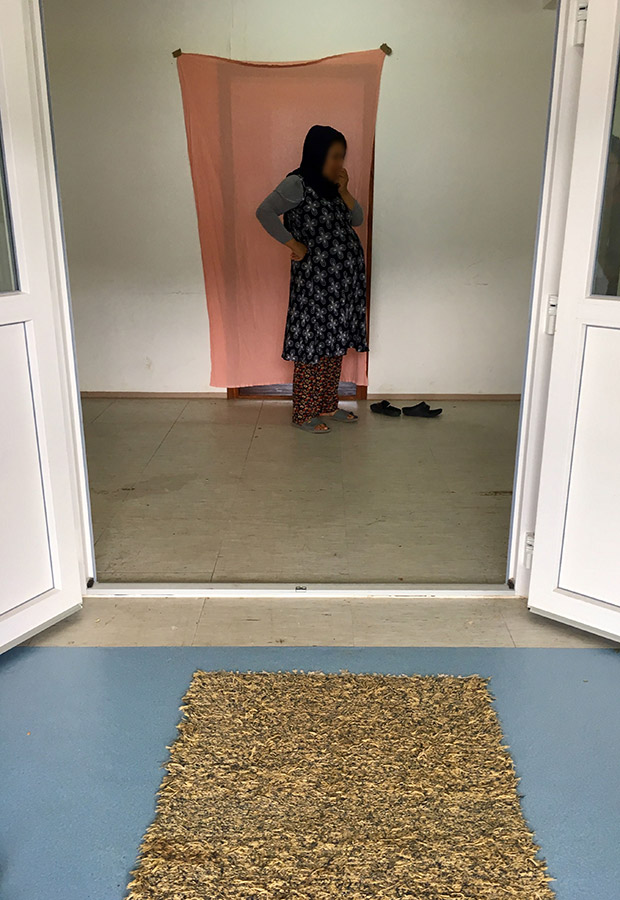 Ali’s wife standing in front of her room in the Salakovac refugee center in Bosnia. A few doors down and across the hall from Salma’s room is a family of three, soon to be four. The three twin beds in their room are lined up next to each other and made in light pink sheets. A woman is standing beside the door wearing a long-sleeved grey shirt and red pants under a long blue patterned dress. She is pregnant. A three-year-old boy stands in front of her and points to his toy car.
Ali’s wife standing in front of her room in the Salakovac refugee center in Bosnia. A few doors down and across the hall from Salma’s room is a family of three, soon to be four. The three twin beds in their room are lined up next to each other and made in light pink sheets. A woman is standing beside the door wearing a long-sleeved grey shirt and red pants under a long blue patterned dress. She is pregnant. A three-year-old boy stands in front of her and points to his toy car.
Her husband, Ali, is small and sprightly. A thick necklace with a Quran pendant hangs around his neck. Ali eagerly offers chai, coffee, juice, crackers, cookies, and candy. As soon as the small plastic juice cups start to look anything less than full, he immediately fills them back up.
Ali and his wife are ethnic Hazara Afghans who lived in Iran, where he worked in a textile factory. They say they were persecuted for their Shi’a religion and their nationality.
“Iran doesn’t like immigrant Afghan people,” Ali says.
Hoping to find safety in Europe, the family paid €5,000 ($5,800) to walk from Iran to Turkey, Turkey to Greece, and Greece to Serbia with five or six other families. There, like Salma and her family, they got stuck for a year and eight months, waiting to get into Hungary.
One frigid winter week, the family slept in a tent to hide from the police. Ali got severe frostbite on his fingers, and no one ate for two days.
“My target is Switzerland,” he says with a guilty giggle and a twinkle in his eye. “Germany, Switzerland… It’s not important. England, France…”
But the family doesn’t have enough money to hire another smuggler. Ali flirts with the idea of getting a GPS and going it alone. “I would do that,” he says.
He is not the only one.
In Velika Kladusa, a town on the outer limits of northwest Bosnia, an estimated 50 to 100 people are turned back every day after attempting to cross the border into EU member Croatia, according to Marc Pratllusa of No Name Kitchen, an organization that aids migrants and refugees at the nearby camp.
The group has recently started recording the injuries reported by migrants and refugees who are turned back from the border.
On August 1, a man returned to Velika Kladusa from the border with large red slashes across his back, as if he had been whipped. “The way that guy came back,” Pratllusa says. “I have never seen that before.”
Just a week later, an Iranian woman named Eram returned with bruises and scratches all over her body and face. She and her son had tried to get into Slovenia, but the police caught her and confiscated €500 ($565), their phones, and her son’s laptop. Then they beat them with batons and tased them.
“They slapped me on my mouth and everywhere. They acted like animals. I am 47 years old and had my child with me, my son,” the organization quotes her as saying.
“I think it's the way they think they will prevent them from coming back,” Pratllusa says. “She escaped with her son and thought, I’ll come to Europe and have a good life there. And then she came here and was beaten by the police. Now she’s really traumatized and doesn’t know what to do. So in this case, it worked.”
Pratllusa has seen border violence before, but says it’s never been so indiscriminate. “They don’t really care anymore if it’s a kid, if it’s a man, they just beat everyone,” he says.
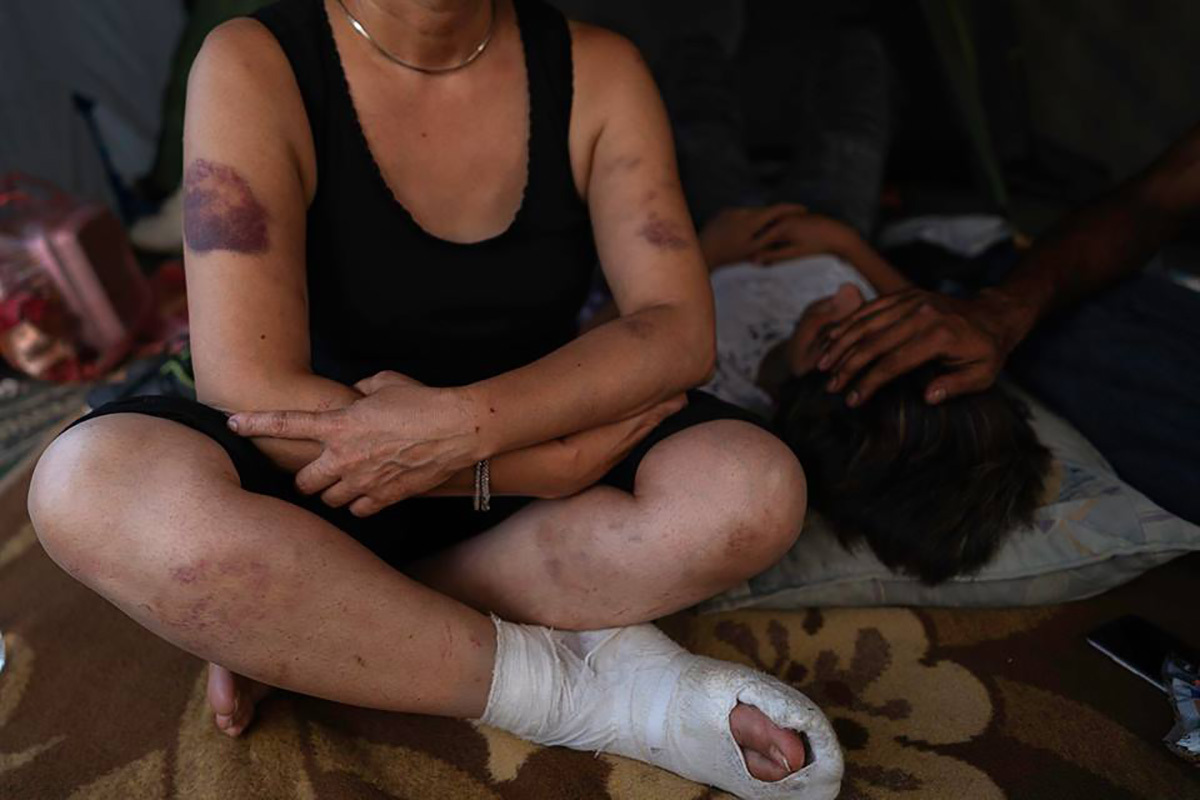 Eram, 47, returned to the camp in the northwestern Bosnian town of Velika Kladusa after attempting to cross the Croatian border (Photo: No Name Kitchen).
Eram, 47, returned to the camp in the northwestern Bosnian town of Velika Kladusa after attempting to cross the Croatian border (Photo: No Name Kitchen).
The EU Delegation in Bosnia is aware of these reports and recalled another instance when Croatian police officers fired on a car carrying refugees. The attack killed the people inside, including children.
“There are migrants suffering severe injuries,” one Delegation representative told OCCRP on condition of anonymity. “I want to believe it’s random.”
Despite all this, refugees and migrants have no other choice than to try again, as there’s no way to get asylum in the EU if you are not physically on the territory of a member state.
Many are succeeding. Frontex detected 12,178 illegal crossings into the EU in 2017.
Since Hungary closed its borders in January, smuggling networks have begun taking migrants and refugees on a newly established route through Albania, Macedonia, and Bosnia and Herzegovina with the hopes of reaching Croatia.
“Border control is not the solution for management of migratory flows or management of the smuggling networks,” says Cooper, the Frontex spokeswoman. “You need a global solution,” she added, which would include addressing the root causes of migration, dismantling the smuggling networks, and opening legal pathways.
“There is a need to open legal channels which would allow the refugees to apply for asylum without having to put themselves in the hands of the smugglers,” she says.
The EU and some individual countries have taken some steps in this direction.
Germany, the UK, France, the Scandinavian countries, the Netherlands, Japan, and the United States are providing economic development assistance to origin countries. Meanwhile, intergovernmental agencies like Europol, Interpol, and Frontex are gathering intelligence about how smuggling networks function and providing training on how to spot trafficking and smuggling at the border. Cooper says that since May 2015, the European Commission has been discussing a common European agenda for migration that could provide a comprehensive solution.
The EU has also provided funds to help Balkan countries manage migration. It recently announced an additional €6 million ($6.7 million) to complement the €1.5 million ($1.6 million) already given to Bosnia and Herzegovina.
But this has yet to reach migrants and refugees.
As they reach the reinforced borders of the EU, only those with enough money to pay for another smuggler can proceed. For the rest, life comes to a standstill.
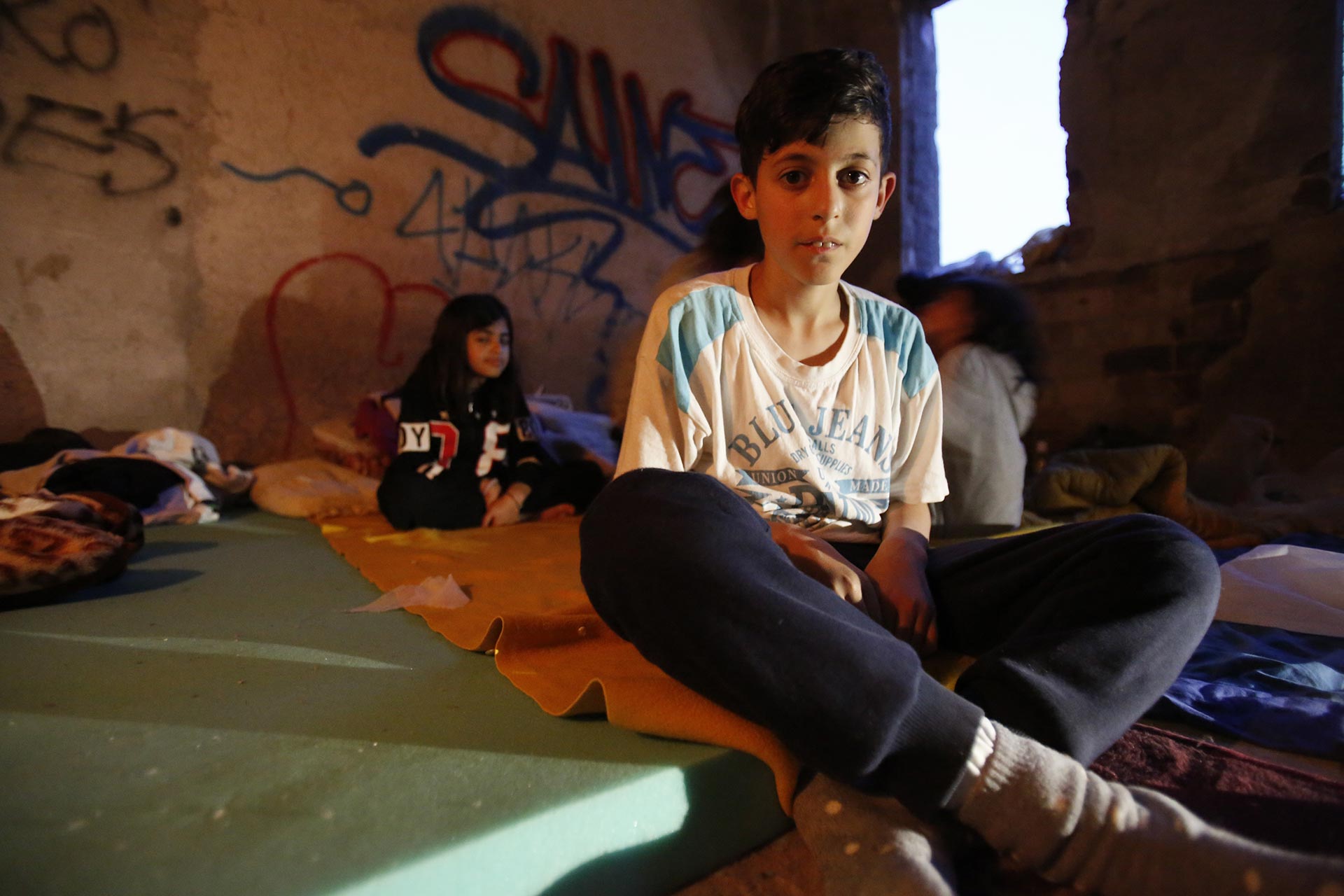 A young Afghan boy sits on a makeshift bed in the northwestern Bosnian town of Bihac.
A young Afghan boy sits on a makeshift bed in the northwestern Bosnian town of Bihac.
Ali’s smuggler promised to take the family to Italy. Now he is not answering his messages.
Salma and her family, highly educated and accustomed to working, say they want to be contributing members of society. “We don’t like to just eat and take money, we want to work,” she says.
But time is passing. Since leaving Afghanistan over two years ago, they have each had at least two birthdays, Salma’s younger siblings have missed two first days of school and two summer vacations, countless sports games, holiday traditions, and school parties. The minute they left their home, life as they knew it ended.
“Day by day we age, my father ages,” Salma says. “My brother is 13 years and two years spent on the way, without education.”
When asked what she misses the most, Salma replies softly but without hesitation: “books.”
An entire population of innocent people, doctors, lawyers, businessmen and women, educators, government officials, and students are being reduced to outlaws, and yet treated with less respect than is given to a convicted prisoner.
After being ripped off and left stranded by smugglers, Salma’s father scrunches his face in disgust when they are mentioned.
“The smugglers not good. I hate the smugglers,” he says passionately.
But sitting on the floor of their dorm room-sized home, Salma’s mother having given up her fly swatting efforts, it is clear that the smugglers are, and always have been, their only hope.
Asked if they would use one again, Salma’s father pauses first to one more time consider his options before he answers this question.
“If we had the money,” he replies.
